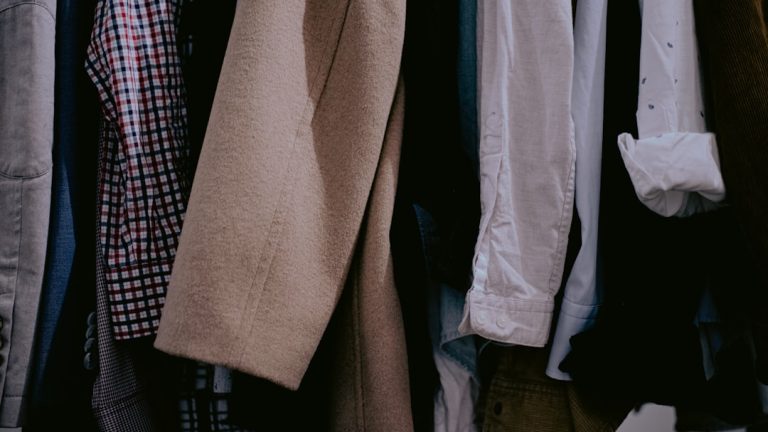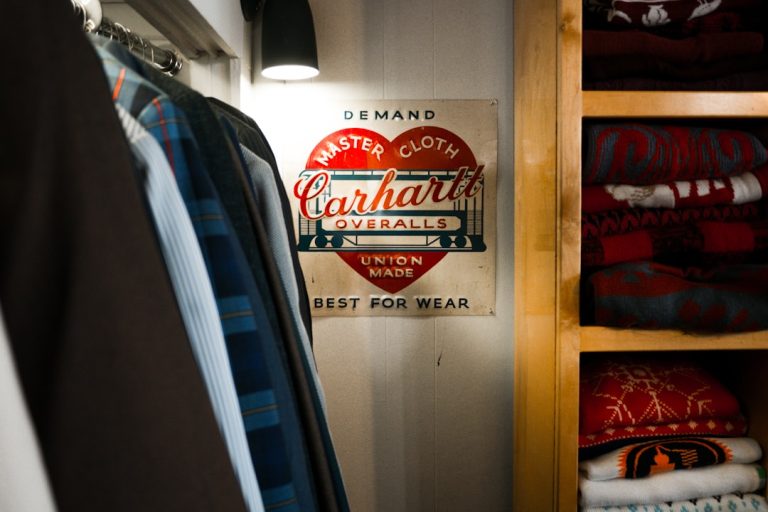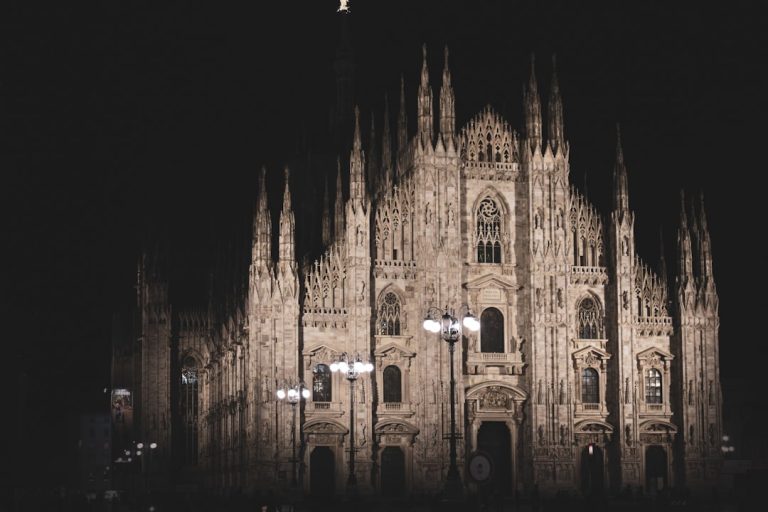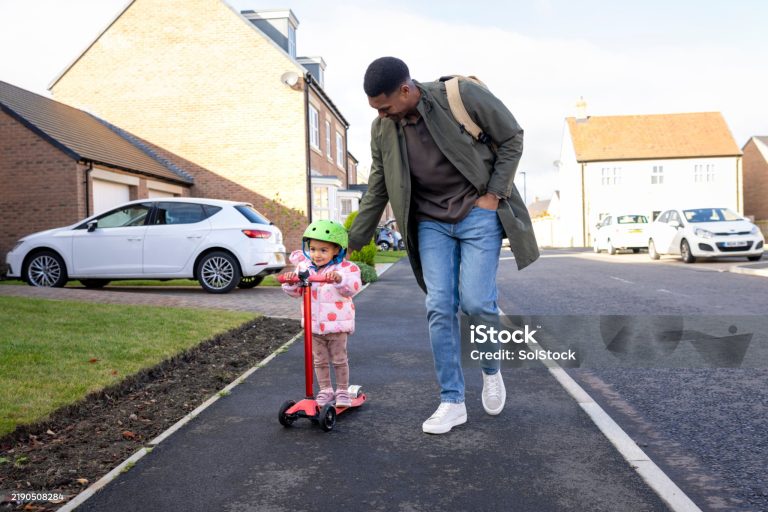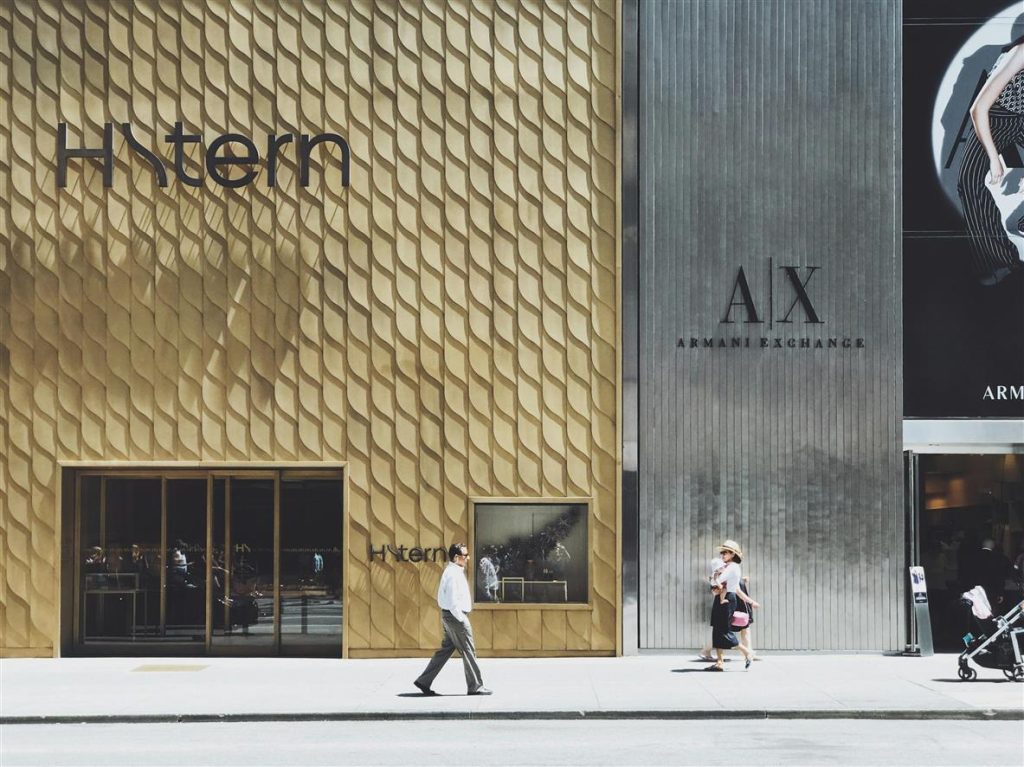
Fashion is having a reckoning. As consumers grow more aware of the environmental and human cost behind what they wear, the demand for better practices is steadily rising. But “better” doesn’t have to mean boring—or outrageously expensive. Across the globe, a new wave of fashion brands is proving that style, ethics, and smart design can actually coexist.
While the word sustainable is tossed around frequently (sometimes too loosely), some labels are quietly doing the hard work—rethinking how clothing is made, who makes it, and what happens to it after we’re done wearing it. Here’s a look at some of the brands that are worth your attention in 2025—not just for their values, but for the way they’re reshaping what fashion can be.
1. Mara Hoffman – Artful, Thoughtful, Timeless
Mara Hoffman has become a benchmark for what responsible fashion can look like when executed with both design integrity and transparency. The brand has moved away from trend-driven collections in favor of long-lasting pieces made with care. Using organic cotton, hemp, and TENCEL™ fabrics, each piece feels like it belongs in your closet for years—not seasons.
What sets Hoffman apart is her honesty. She doesn’t pretend her clothes are “perfect” for the planet, but instead focuses on progress, small-batch production, and cutting down waste through thoughtful inventory control.
2. PANGAIA – Science Meets Style
PANGAIA blurs the line between fashion and materials research. The brand’s minimalist streetwear staples—think hoodies, joggers, and tees—are crafted from alternative fibers like seaweed-based yarn, recycled cotton, and bio-based treatments designed to reduce water and chemical use.
What makes PANGAIA stand out isn’t just their materials—it’s their transparent communication around how their fabrics are sourced and processed. It’s functional, smart casualwear for people who care about the backstory behind what they wear.
3. Studio 189 – Fashion with a Social Mission
Co-founded by Rosario Dawson and Abrima Erwiah, Studio 189 is more than a label—it’s a movement. Based in Ghana and the U.S., the brand works directly with artisan communities across West Africa to produce textiles and garments that celebrate African craftsmanship and empower local economies.
With rich colors, hand-dyed fabrics, and unique silhouettes, Studio 189 proves that ethical fashion can be both vibrant and rooted in cultural heritage.
4. Another Tomorrow – Radical Transparency
This brand offers wardrobe staples like wool blazers, structured shirts, and tailored trousers—all made with traceable materials and rigorous sourcing standards. Another Tomorrow uses technology to let customers track the lifecycle of every garment, from the farm to the factory to the store.
The design aesthetic is minimalist and urban, ideal for people who prefer to buy less—but better. They also operate on a resale model, encouraging customers to return items when they’re done using them.
5. Eileen Fisher – The Quiet Pioneer
Long before ethical fashion became a hashtag, Eileen Fisher was doing the work. In 2025, the brand continues to lead with initiatives like its “Renew” take-back program, circular design projects, and regenerative farming collaborations.
Known for its relaxed, flowing silhouettes, Fisher’s collections prioritize comfort, craftsmanship, and longevity. Her brand’s commitment to simple elegance over trends is part of what has made it last—and matter.
6. Girlfriend Collective – Activewear That Doesn’t Compromise
What started as a small label making leggings from recycled plastic bottles is now a full-fledged activewear company with a cult following. Girlfriend Collective offers size-inclusive, gender-inclusive basics—from sports bras to unitards—without the glossy marketing spin.
They disclose everything: where the plastic is sourced, how it’s processed, even how factory workers are treated. It’s transparency that feels refreshing, not performative. Their color palette is always on point, too.
7. Christy Dawn – Farm-to-Closet Dresses
Christy Dawn takes a hyper-local approach to fashion. Known for their flowy, prairie-inspired dresses, the brand has gone from using deadstock fabric to building their own regenerative cotton farm in India. The idea: heal the soil, support farmers, and close the loop.
If you like soft florals, poetic silhouettes, and a backstory that ties your clothes to the earth in a tangible way, this brand is for you.
8. Patagonia – Function First, Always
You can’t talk about ethical apparel without mentioning Patagonia. Though widely known for outdoor gear, its influence stretches far into the broader fashion industry. Patagonia’s ongoing efforts to repair, reuse, and re-sell gear are helping to shift the mindset from ownership to stewardship.
From trailwear to fleece to casual basics, the pieces are made to last. And if they break, Patagonia helps you fix them. That’s not marketing—it’s a way of doing business that’s reshaped expectations.
9. TOVE Studio – Elegant, Low-Impact Design
Based in London, TOVE is emerging as a favorite among fashion editors who want elevated, refined garments that still align with personal values. Their aesthetic is modern and feminine—structured silk dresses, architectural blouses, and well-cut pants made from low-impact fabrics and produced in small batches.
Their collections are lean, meant to integrate into a conscious wardrobe, rather than overfill it.
10. The Nude Label – Underwear That Feels Right
Ethical underwear is often an afterthought. The Nude Label, based in Spain, does it well—focusing on comfort, simplicity, and ethical labor. Their pieces are made in family-run factories and built to last longer than your average fast-fashion intimates.
Their approach is no-fuss, low-waste, and easy to support if you’re trying to align every layer of your wardrobe with your values.
So, What Should You Look For in a Responsible Brand?
Buzzwords aside, here’s what actually matters:
- Materials: Look for organic, recycled, or low-impact fabrics.
- Transparency: A good brand will tell you where and how its clothes are made.
- Longevity: Avoid trends. Buy pieces you’ll want to wear in five years.
- End-of-Life Options: Can you repair, resell, or recycle the item later?
- Labor Practices: Ethical fashion isn’t just about the environment—it’s about people.

Final Thought
Fashion is personal. But how and where we shop also shapes the industry—and the planet. You don’t have to overhaul your wardrobe or spend a fortune to make a difference. Start by asking better questions about your clothes and supporting brands that offer more than a pretty label.
The brands listed above aren’t perfect, but they’re part of a broader shift toward better fashion. And in 2025, that’s worth watching.
